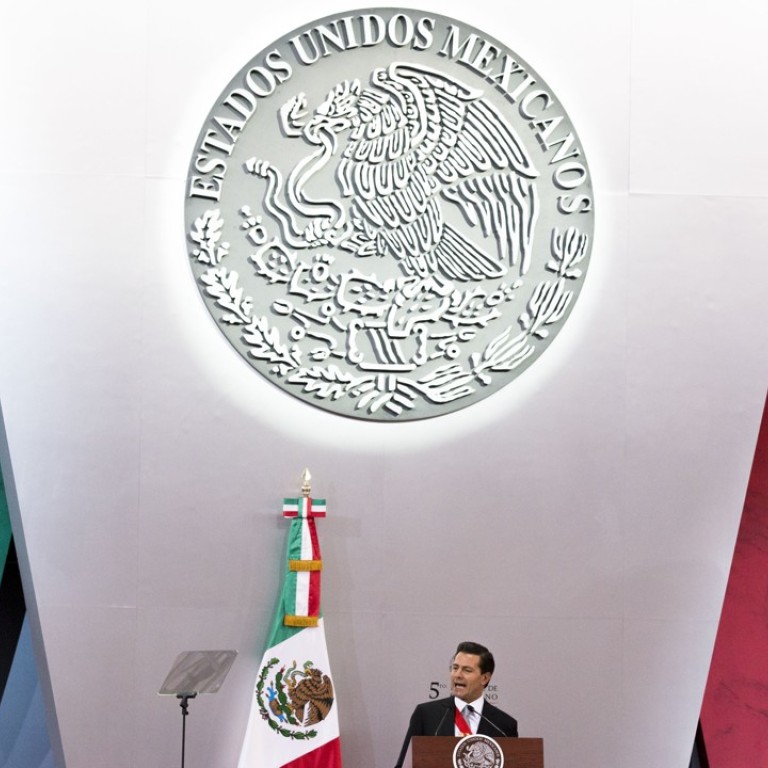
Violent crime plagues Mexico as president addresses nation
Mexican President Enrique Pena Nieto said on Saturday that security is his government’s top priority, amid growing violence and that is marring his fifth year in office and despite figures showing significant drops in crime-fighting results.
In his annual state of the union address, Pena Nieto said there has been progress in education reform and infrastructure projects but acknowledged the bloodshed that’s on pace to be the country’s worst in many years.
“Recovering public safety is the highest demand of the public and the highest priority for the government,” he said. “All three levels of government must strengthen their efforts. We still have a lot to do.”
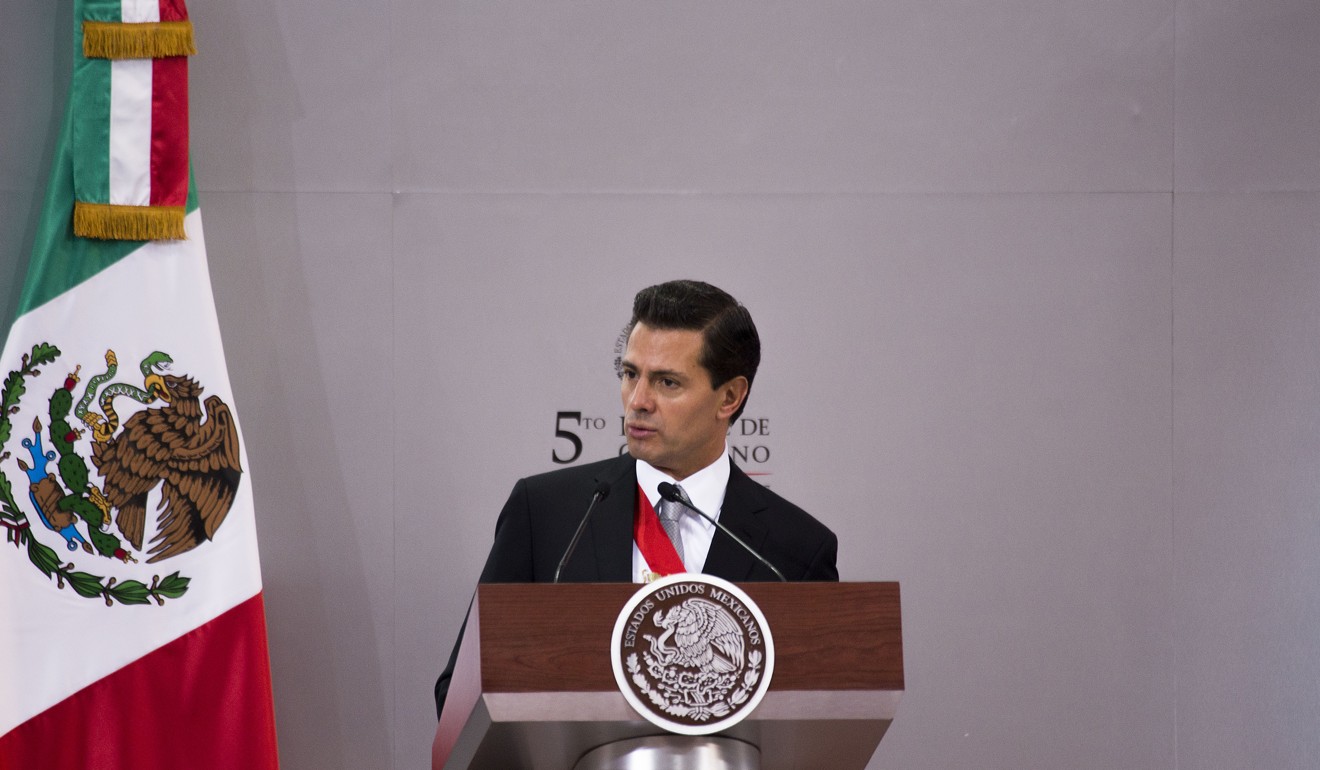
Pena Nieto has spent much of the last year responding to US President Donald Trump’s tough line on Mexico and migration, and on Saturday he vowed that “we will not accept anything that goes against our dignity as a nation”.
He also sent his regards to the children of migrants – mostly Mexicans – who were taken to the US as minors and granted temporary permission to stay under an Obama-era executive order that Trump may change or rescind.
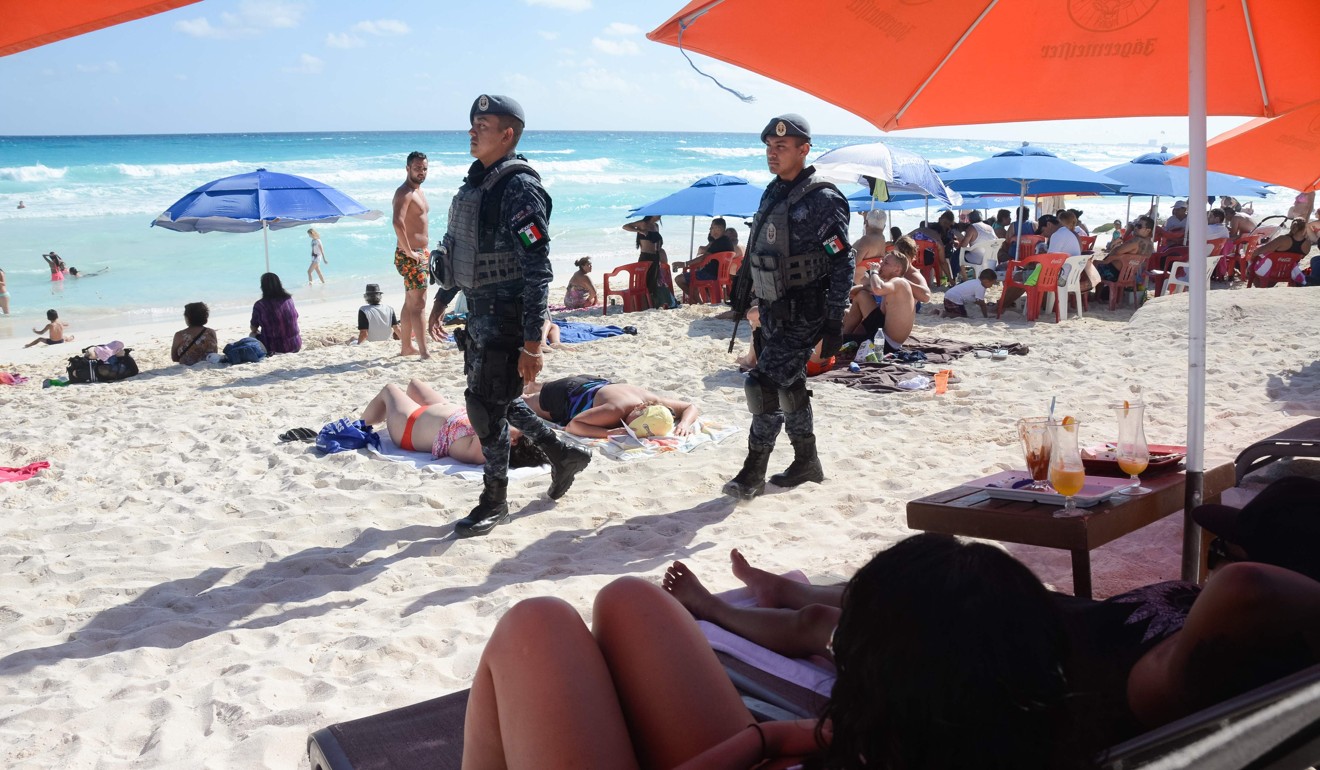
Pena Nieto defended free market reforms passed on his watch and also took a jab at the candidate who leads in polls to succeed him in June 2018 presidential elections: leftist Andres Manuel Lopez Obrador, who has espoused more statist, nationalist positions such as building more government refineries to replace US imports of petrol.
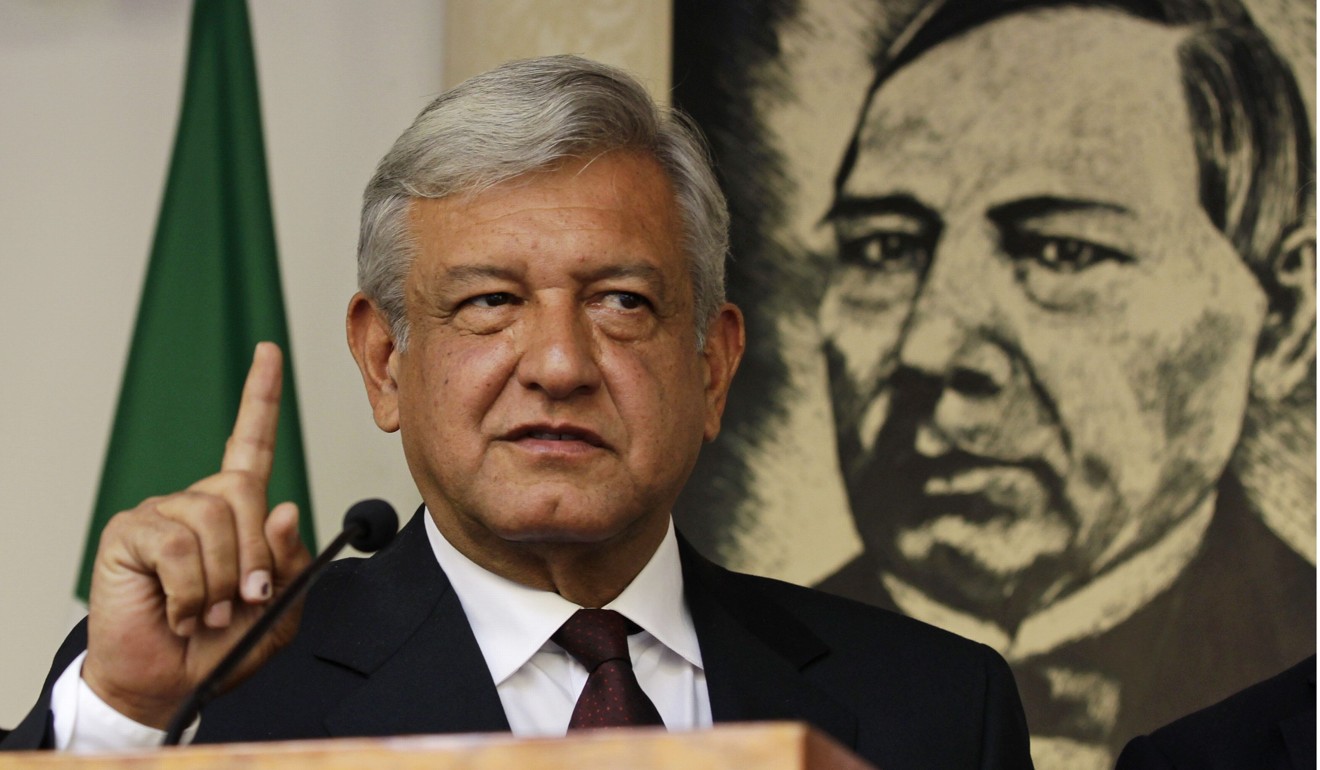
“There are visible risks of going backward,” Pena Nieto said. “Mexico has not faced such a decisive and determinative crossroads in years,” he said, adding that the country must choose whether to continue down the path of trade and economic liberalisation “or surrender to a model from the past that has failed.”

Pena Nieto defended his government’s anti-crime efforts saying authorities have “neutralised 107 of the 122 most dangerous criminals in Mexico.”
But killings in Mexico are on pace this year to surpass the bloodiest period of the drug war, which was launched by his predecessor, Felipe Calderon. In the first six months of 2017, authorities nationwide recorded 12,155 homicide investigations, up 31 per cent from the same period last year.
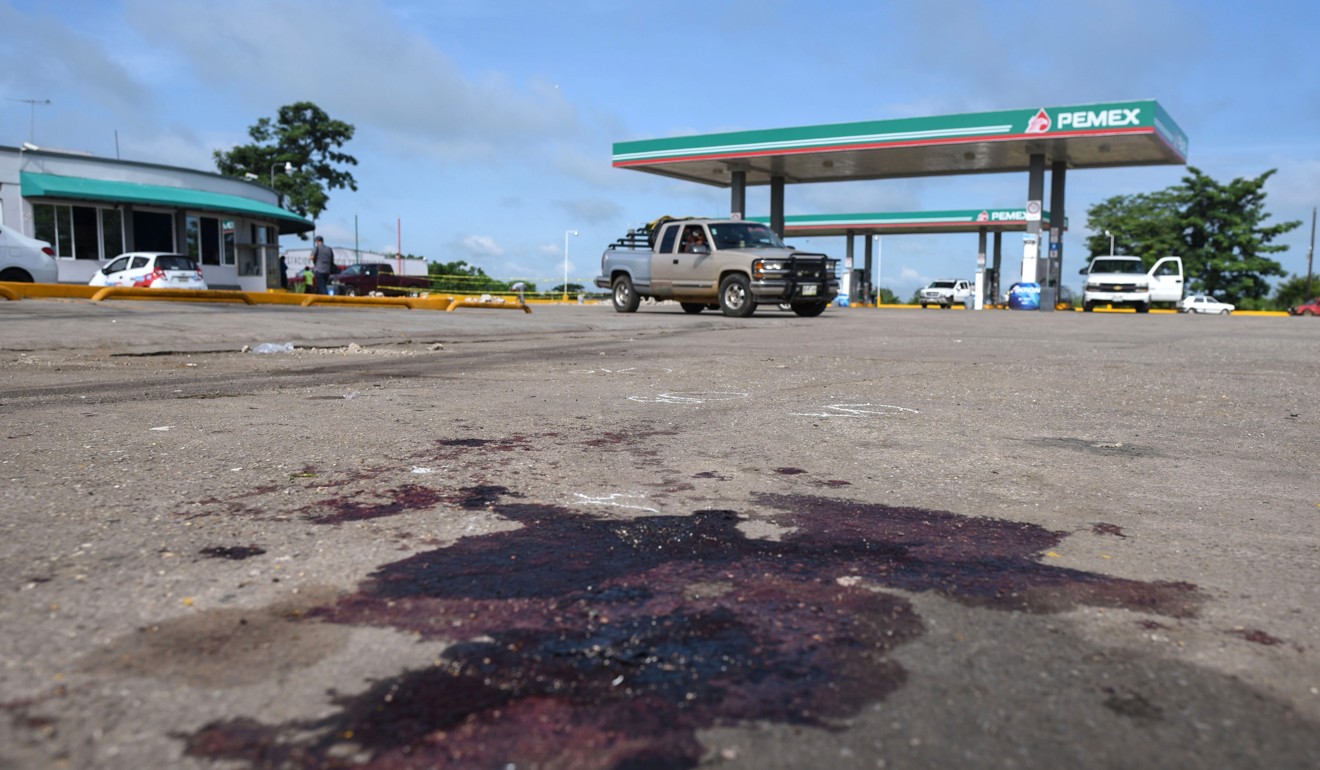
Pena Nieto cast some of the blame on state and local governments, saying a “significant part” of the killings are related to common crime rather than drug gangs, which are the responsibility of the federal government.
The figures released by his office suggest federal anti-drug and anti-crime efforts are not going well either, however.
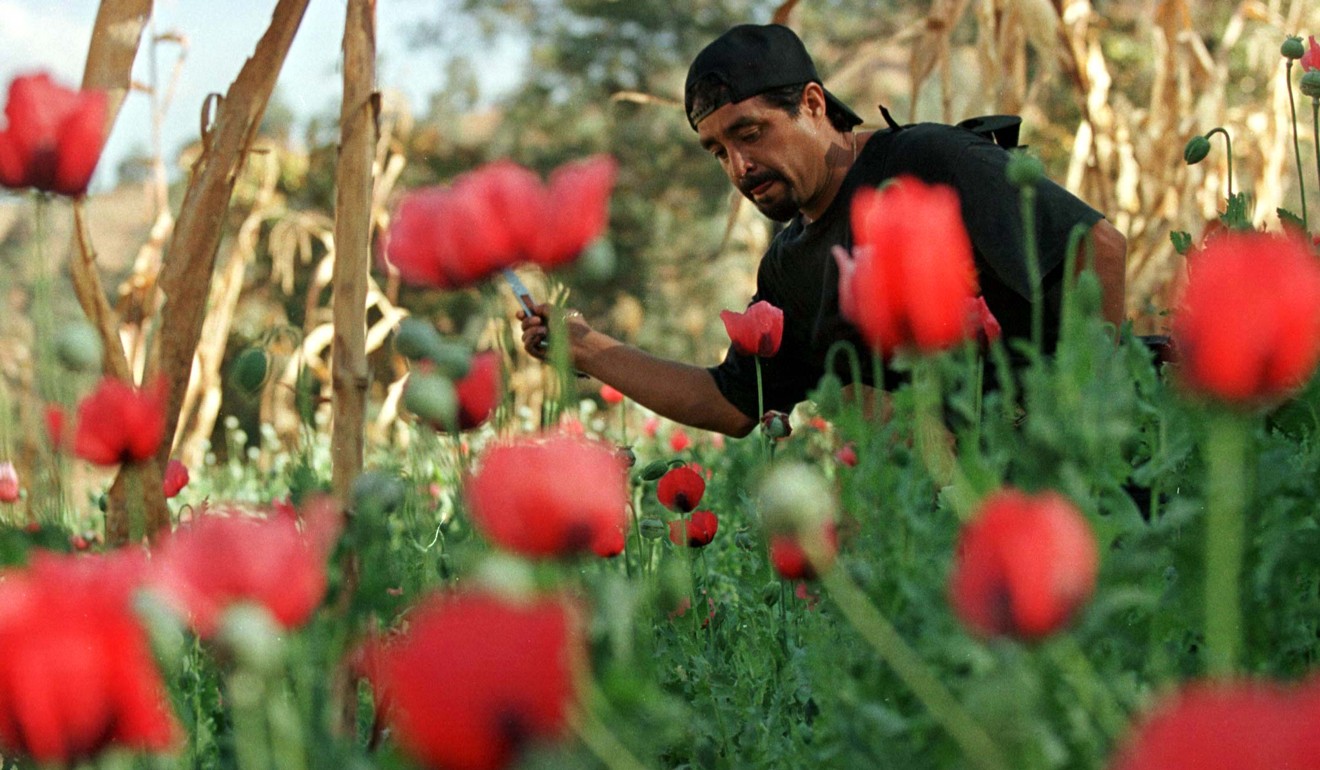
According to the statistics on anti-drug actions, the number of miles covered in surveillance flights by the army dropped by 51 per cent from 2015 to 2016 while those by the navy fell 72 per cent.
Criminal drug cases filed by prosecutors dropped from 27,870 in 2012 to 6,219 in 2016, and weapons charges dropped from 19,015 to 6,817; in both cases, the drop appeared to continue in 2017.
There were also large decreases in the number of arrest warrants served by federal detectives, criminal cases filed, people charged with federal crimes and hectares of marijuana plants eradicated.
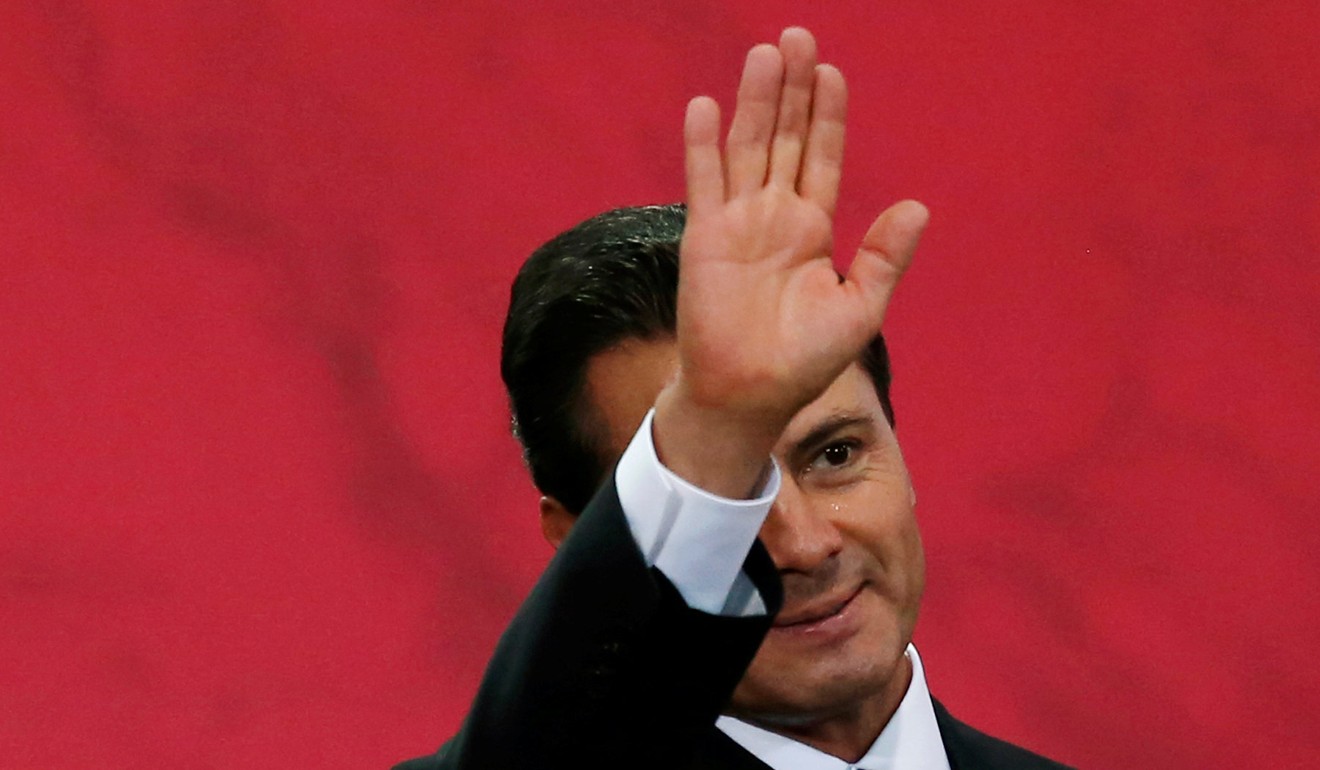
One bright spot was a rising amount of poppy fields eradicated, from 15,786 hectares in 2012 to 22,436 hectares last year. About 20,000 hectares were eradicated in the first six months of this year.
But heroin seizures have not increased and seizures of opium paste – the raw material from which heroin is made – dropped.
Weapons seizures by the army, which has come under fire for rights abuses, dropped from 20,825 in 2012 to 3,593 in 2016. The number of suspects detained by soldiers also fell, by 57 per cent.

